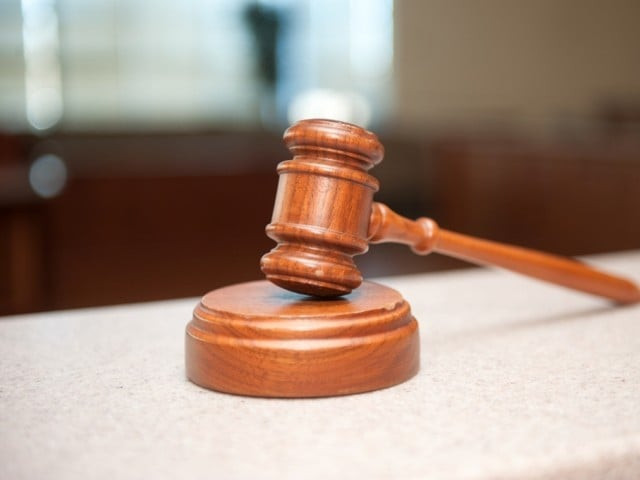Speedy justice: ‘Public liaison committees will resolve peoples’ problems’
Committee members briefed about their responsibilities

PHOTO: FILE
Public liaison committees have been established in Shangla and other parts of the province to resolve problems faced by residents.
This was said by Shangla DPO Rahatullah Khan during a workshop held at Besham PTDC Hotel organised on Thursday to brief committee members about their responsibilities. A large number of local government representatives and social activists from various parts of Shangla were in attendance.

“The committees, which have been set up on the order of IGP Nasir Khan Durrani, will also help the police tackle crime,” he said. According to Rahatullah an estimated 95 committees have been established in Shangla, which have around 576 members.
“These public liaison committees have been formally drafted and will be given legal status in the future by the provincial government,” he said. “A member can serve the same committee for
one year.”
He added, “If he or she performs well, his time of service may be extended.”
The DPO said police and the committee members will meet regularly to discuss the committees’ performance.
Powers of committees
During the meeting, participants were informed about the role committee members will be expected to play.
According to a draft presented at the moot, members of the public liaison committee can issue warnings to people.

“They can issue notices if the loudspeaker act is being violated by mosque, shops, and markets,” it stated. “They can also ask to see documents of tenants. They are also responsible for keeping a check on suspects held on bail.”
In addition, committee members are expected to be vigilant and report suspicious activity to the police. “They can also help police arrest drug peddlers and other criminals.”
Basheer Ahmed, a participant, told The Express Tribune, “The workshop helped us understand our role in protecting people from potential harm. But more importantly, with the help of these committees, we can solve problems faced by locals.”
Published in The Express Tribune, December 4th, 2015.



















COMMENTS
Comments are moderated and generally will be posted if they are on-topic and not abusive.
For more information, please see our Comments FAQ